Skroutz Buyers Protection
Οικονομικές θεωρίες και κρίσεις, The historical cycle of rationality and recklessnessCode: 2019188
- Author: Νίκος Χριστοδουλάκης
- Publisher: Kritiki
- Μορφή: Soft Cover
- Έτος έκδοσης: 2012
- Αριθμός σελίδων: 327
- Κωδικός ISBN-13: 9789602187685
- Διαστάσεις: 24×17
Νίκος Χριστοδουλάκης

Political Books
Το τίμημα του εμφυλίου, Συγκρούσεις και κατάρρευση στην Ελλάδα 1946-1949
from 7,16 €Added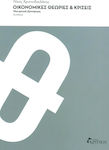


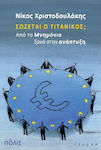
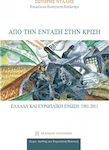


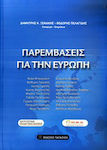
Similar products
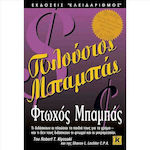 Top rated
Top rated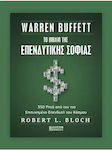
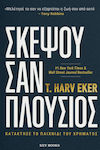
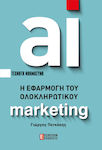

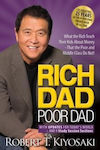

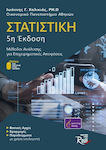
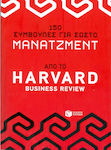
Finance Books
150 συμβουλές για σωστό μάνατζμεντ από το Harvard Business Review
Ad from BooklibertyAdded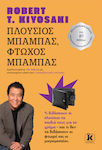

Finance Books
The Psychology of Money, Timeless Lessons on Wealth, Greed, and Happiness
Ad from GoldenbooksAdded
All shops
Prices are calculated for:Malta, Other Payment Options
- 15,11 €
Description
The most difficult test for an economic theory is to see how it dealt with various crises and challenges in different historical phases. For example, with what economic policy did ancient Athens avoid famines and what measures did Julius Caesar take for over-indebted households when the "bubble" burst in the real estate market of ancient Rome? How was the crisis caused during the reign of Diocletian and how did Constantine the Great manage to address it by creating conditions of economic stability in Byzantium far superior to those prevailing in medieval Western Europe? How did epidemics and climate change in the 14th century awaken European societies and lead to the development of trade, banking, and public debt?
Why did the Industrial Revolution happen in England and not in France, which was wealthier, or in China, which had made abundant technological discoveries at the time? Why, during the capitalist crisis of 1930, did governments show blind trust in the markets and take so long to react correctly? Why did the economies of existing socialism, which abolished markets, fail to find the balance of production and demand and collapse in 1989? How did Keynesianism, after dominating for 40 years, give way to monetarism in the 1980s only to return today enriched at the center of new theoretical quests?
Even more importantly, how did elaborate financial-economic theories fail to prevent the recent credit collapse of 2008 and the debt crisis in the Eurozone? For this reason, the global crisis caused great questioning not only of the economic policies being implemented but also of the economic theories being taught, and in many countries, intense discussions have already begun on their reassessment and revision.
Nikos Christodoulakis provides a critical narrative of the basic economic theories from antiquity to the present, analyzing how they were formed, how they evolved, and how they responded to economic crises, resulting in some being forgotten and others dominating. The book presents a classification of different types of economic crises and describes a series of criteria for comparing and evaluating economic theories. The more confidently a theory claimed to offer solutions to all issues, the more thoughtless it proved to be when conditions changed and overturned its assumptions. On the other hand, approaches that did not have messianic characteristics were more easily able to understand the changes and prove useful in addressing crises.
Specifications
- Genre
- Economy
- Language
- Greek
- Subtitle
- The historical cycle of rationality and recklessness
- Format
- Soft Cover
- Number of Pages
- 327
- Release Date
- -
- Publication Date
- 2012
- Dimensions
- 24x17 cm
Important information
Specifications are collected from official manufacturer websites. Please verify the specifications before proceeding with your final purchase. If you notice any problem you can report it here.
















































